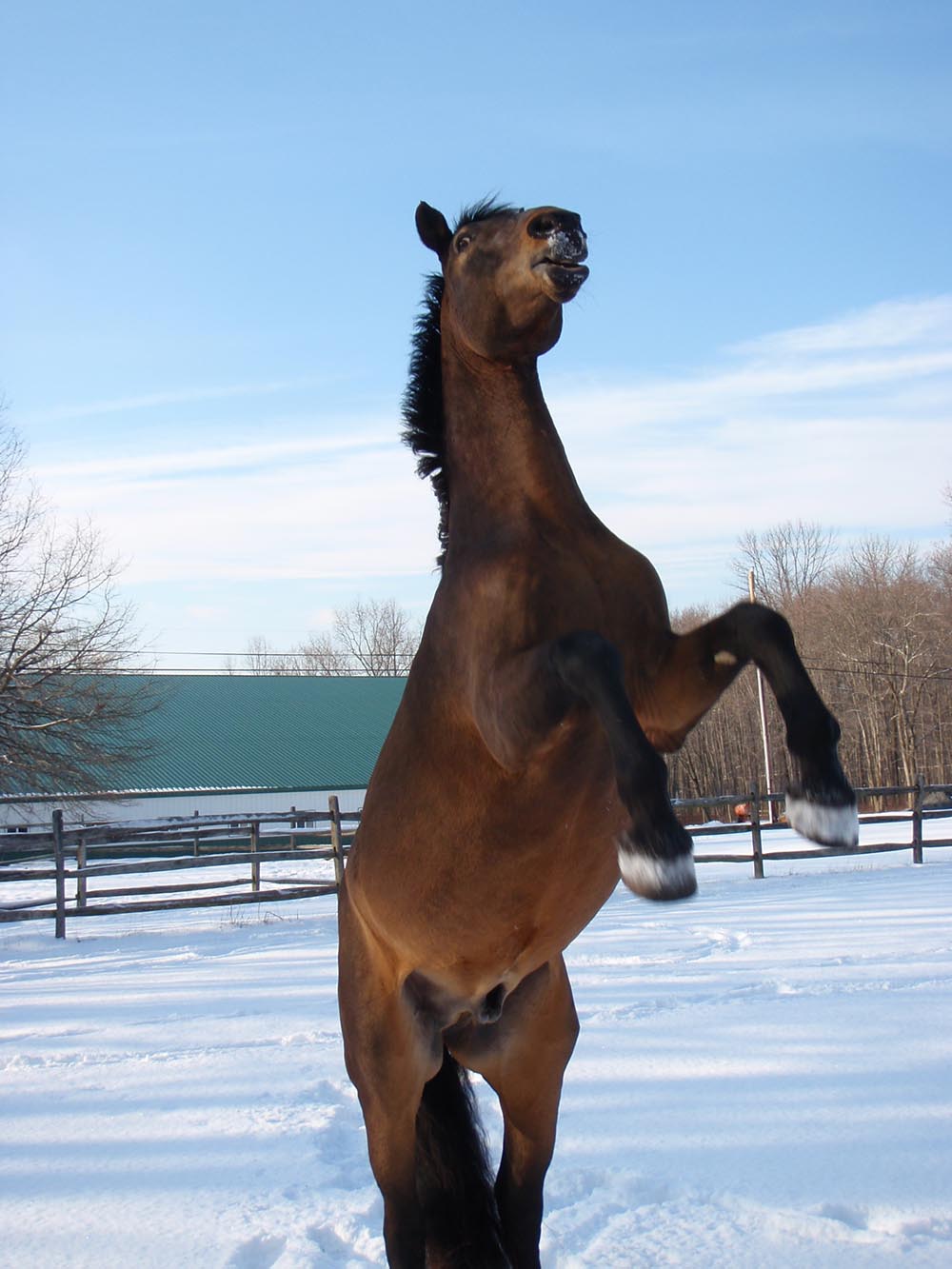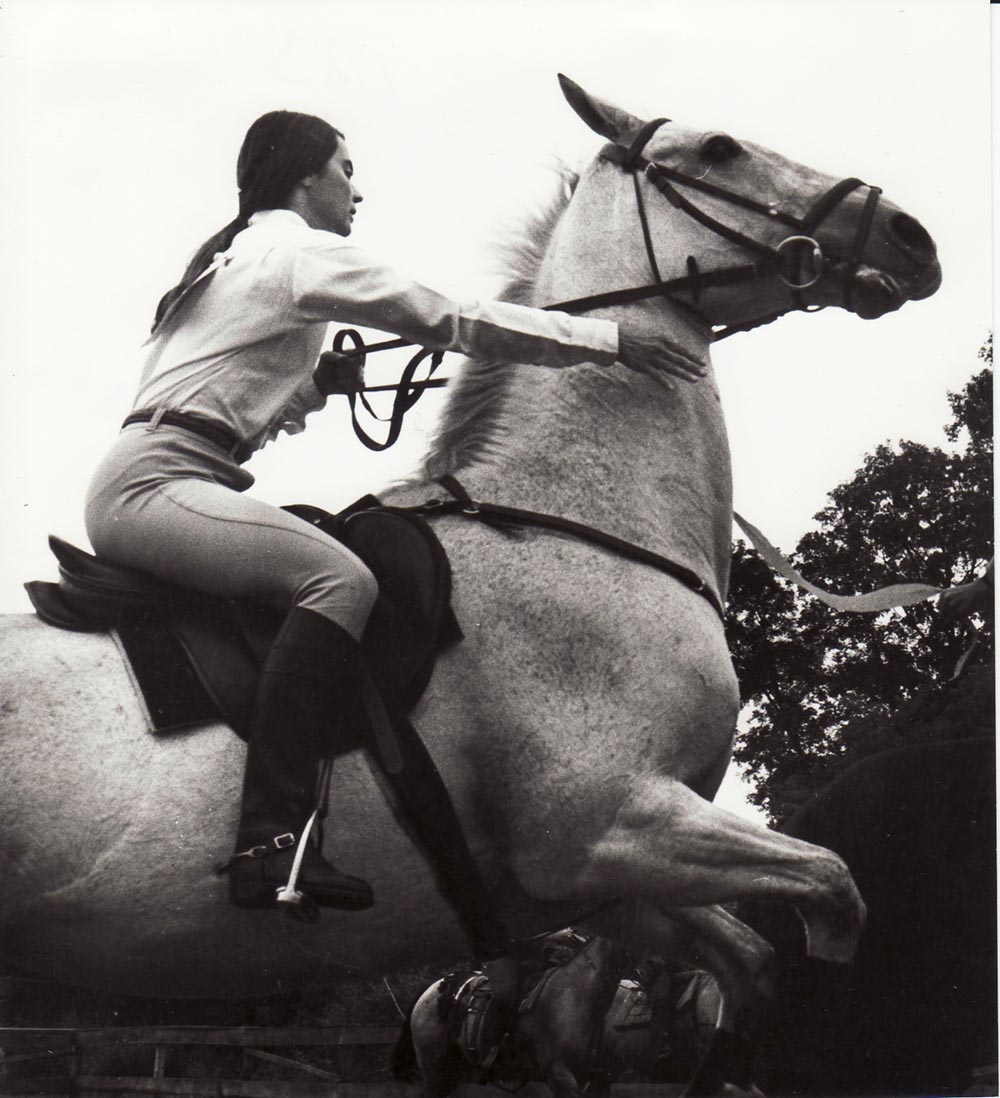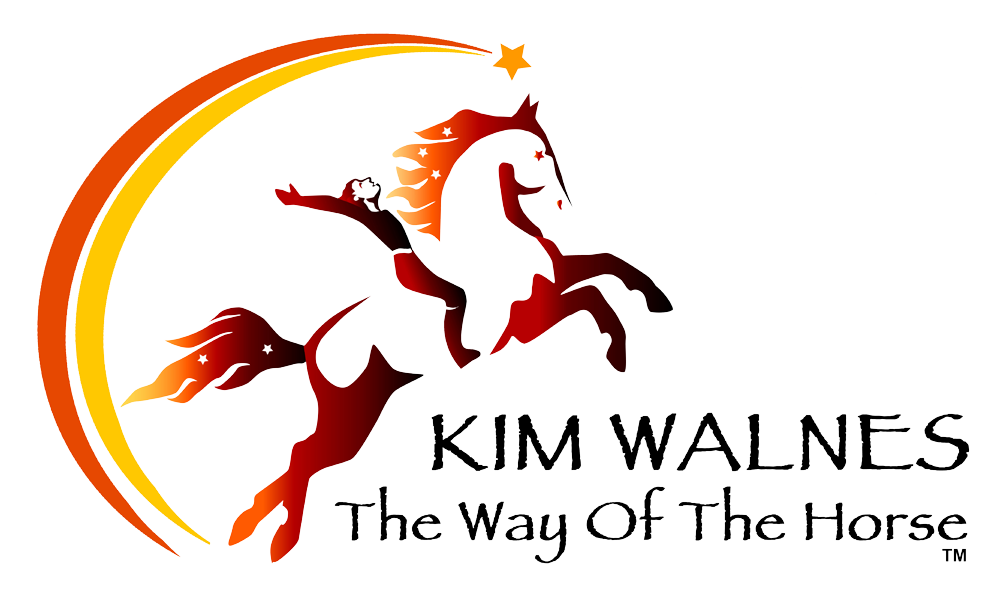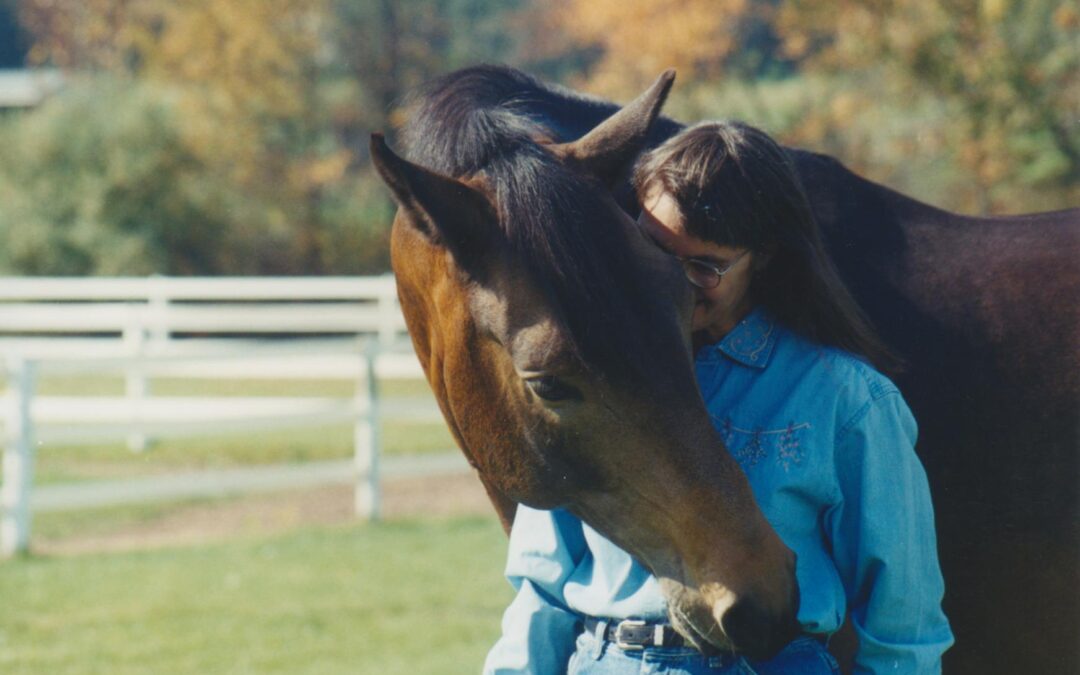I frequently see a theme in my teaching trips, and it’s one I’ve found that tends to show up in all relationships where humans are involved. The rider comes in each day expecting and already defending against certain actions they have come to expect from their horse, and the horse readily delivers. In fact, the horses will often exaggerate the issue (whether it is “I won’t move forward” or “OMG, what’s THAT??? Let’s get out of here!”) because they know that the opportunity is present for their rider to make a change. I see riders jumping right into whatever pool their horses create, splashing and thrashing around and adding their own frustration, fear, and often anger to the churning waters. I used to do the same back in the day.
No matter what situation is presented to us, it is our own internal response that determines our experience. In that moment when we feel the first touch of anxiety, fear, or anger, we can make a choice between expectation (she always does this!) and expectancy (wow, here he is doing/feeling/being this again—what a great opportunity I have to pay more attention, do something differently, and see if this new action is helpful to my horse.)
As a species, we humans tend to live much more in the future or past than in the present moment. Our thoughts whirl and swirl in an emotional cocktail which is constantly either reliving what has happened, or is predicting/exaggerating what is coming toward us. These thoughts act as a potent filter for our perceptions of what is actually happening. There is a difference in the words “expectation” and “expectancy”. Expectation sets us up for the closed loop of predicted action and response. Expectancy is holding the space for the best possible outcome without having any emotional investment in the results. Expectancy can return us to what is often called beginner’s mind…that state in which we used to live as small children where all input was processed equally without preconceptions.



